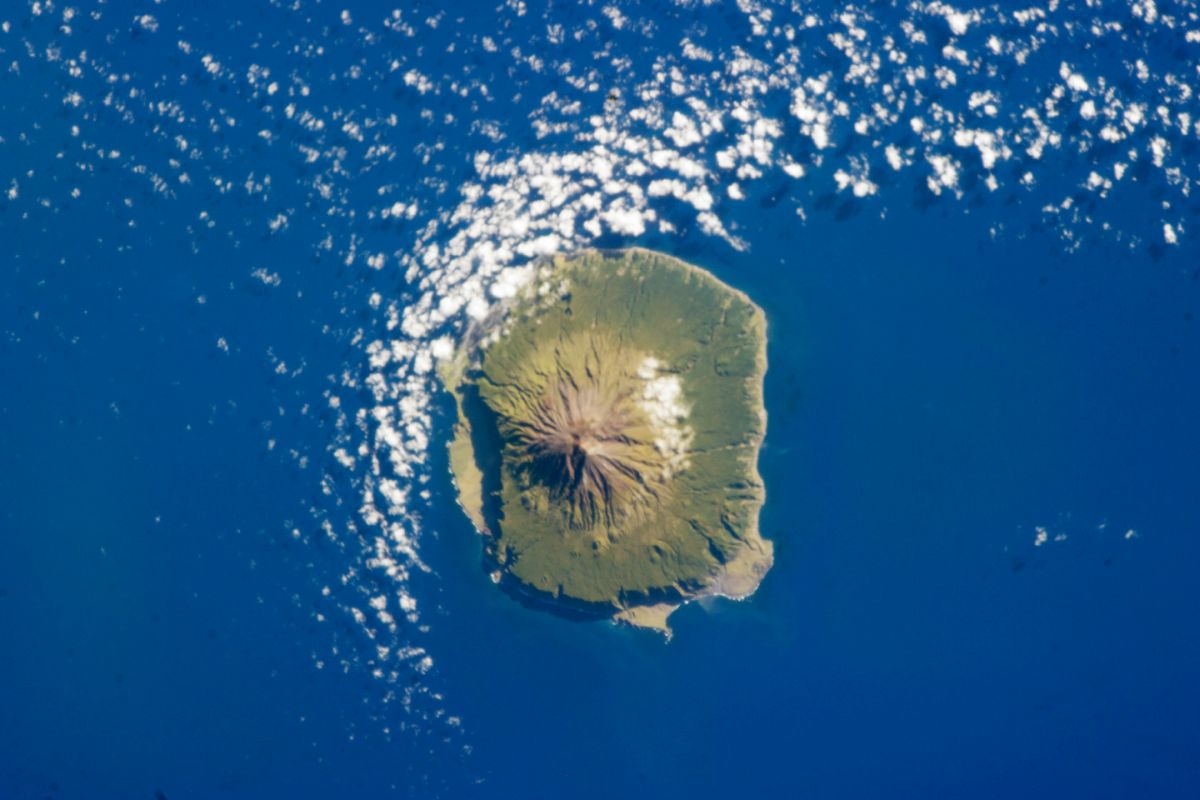
The government of Tristan da Cunha, a tiny south Atlantic island and British protectorate, said to be the most remote inhabited place in the world, is seeking an agricultural advisor to help raise the productivity of livestock farming on its 1000 acres of common land.
As described on the NFU website, the grazing land is considered 'poor' and fit for 300 cattle and 500 sheep. The community produces potatoes in family run allotments, but intend to harvest fruits, vegetables and other crops to reduce its reliance on imported foodstuffs.
The successful candidate will be able to demonstrate expertise gained in the UK in the following areas:
• AI and modern medication for livestock
• Arable crop rotation
• Orchard creation, management and development
• Tending to legumes in Greenhouses - extensive experience of developing successful greenhouse operations.
• Livestock maintenance (beef/dairy/sheep) and general animal husbandr
The individual will be expected to support, guide and train current Agriculture staff.
Candidates must have proven leadership experience and experience of island life with an ability and willingness to integrate and adapt into the island’s unique community.
Tristan is one of the United Kingdom’s Overseas Territories and is the world’s remotest inhabited island. There is just one village where the population of 265 live. The NFU describes this is a unique opportunity to work in a community where the right candidate will have a chance to make a real and immediate difference.
There where's and what's of Tristan da Cunha
Tristan da Cunha is an Overseas Territory of the United Kingdom (UKOT). It is of volcanic origin and consists of four islands – Tristan (the main island), Nightingale and Inaccessible, which together form a group, and Gough Island which lies 200 miles to the south-east.
Tristan is the only island with a permanent community: it has a population of around 260 people. It is the most remote inhabited island in the world, situated some 1750 miles south-west of Cape Town and only accessible by sea - seven days sailing away from Cape Town. A harbour allows for access to the island for approximately 60 days of the year.
The island people are fun loving, friendly, kind and generous and it is possible to enjoy a lively social life. In the village there is a pub, cafe, dance hall, swimming pool, museum and tourist centre. The island shop sells most essential items and there is always an abundant supply of potatoes, fish and locally produced beef and lamb.
There are three television channels provided by British Forces Broadcasting Service that provide a wide variety of films, dramas, documentaries, sports and soaps as well as UK news. Although the island is very remote the telephone service is good and the internet is available.
Tristan’s main resource is lobster fishing: product is exported to the US and Japanese markets, and a royalty agreement with the company that has exclusive fishing rights, generates income for Government. Tristan also earns limited income from the sale of stamps, coins and handicraft souvenirs. Modest revenue also flows from tourism and visitor accommodation. The UK Government provides some financial support in specific areas (notably in the healthcare sector).
Tristan’s financial situation is problematic: more needs to be done to ensure Tristan can maintain its financial independence and avoid insolvency. The island would benefit from reducing its reliance on imported foodstuffs to become more self sufficient.
There is a small agricultural department but lacks any formal training in animal husbandry or agricultural development. It would benefit from the introduction of knowledge and expertise to assist in increasing the production of fruit and vegetables and the development of livestock on the island.
